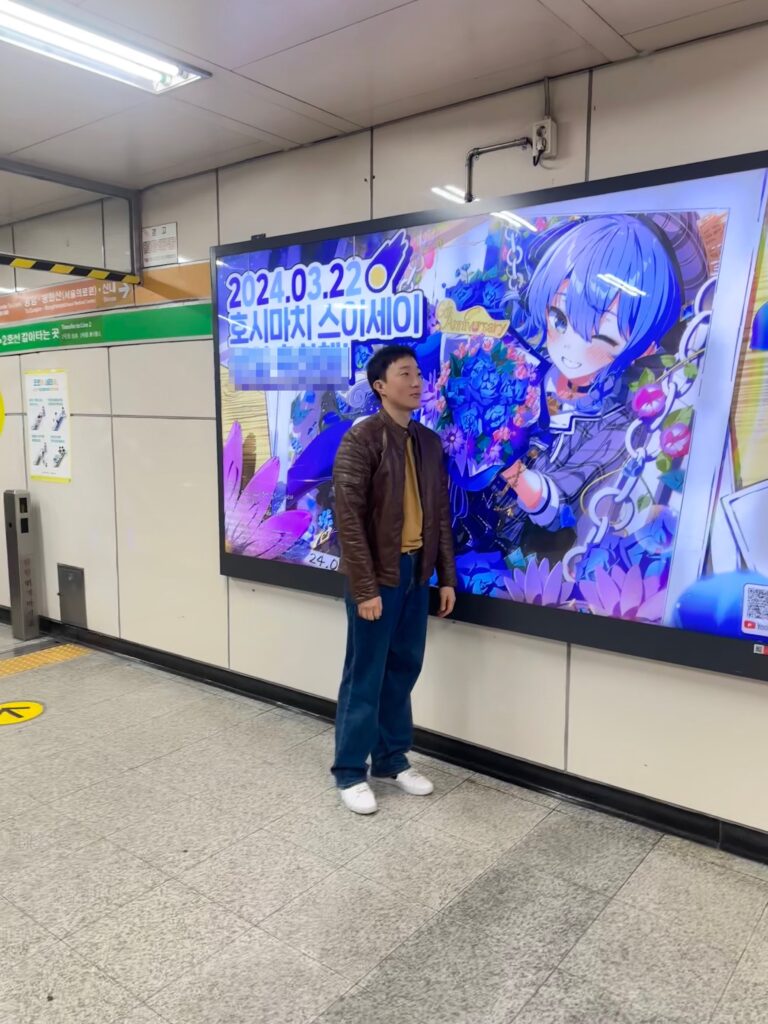Learning Korean makes Seoul life better. It turns you from tourist to insider. As a result, you’ll discover hidden spots and make real connections. In fact, I’ve seen how just a few Korean words can completely change your experience.
Here’s how to learn Korean fast:

The Three Pillars of Korean Learning
Research shows three key parts to learning Korean:
1. Comprehensible Input
This is a fancy way of saying “being exposed to (hearing or reading) something in the new language and learning to understand it.”
This means taking in Korean that you mostly understand. Specifically, your brain needs to hear and read Korean that makes sense while simultaneously processing:
- The sounds (intonation, stress, and pronunciation)
- The meaning
- The sentence structure (grammar)
When you receive comprehensible input, you’re absorbing the language naturally rather than just memorizing rules.
2. Comprehensible Output
Comprehensible output is the second essential element, which means learning to produce (speak or write) content in the new language that others can understand.
This requires your brain to generate Korean while simultaneously managing:
- The sounds (intonation, stress, and pronunciation)
- The meaning
- The sentence structure (grammar)
For effective language learning, you must actively use what you learn. Try practical applications like ordering food in Korean or asking for directions. Most importantly, participate in practice sessions where everyone speaks at your level.
This kind of structured practice environment is something you cannot create by yourself—and this is exactly why we created Bestie’s Korean Club.
3. Feedback & Review
Finally, you need to fix your mistakes. Without this step, errors stick. Therefore, find Korean friends who’ll correct you. Alternatively, join our feedback sessions at Bestie’s Korean Club. Consequently, we create a safe space to improve.
Balance Your Learning Style
Don’t just read books. Instead, work on all skills:
- Listening: First, enjoy Korean music and shows
- Speaking: Then, order at cafes and chat with people
- Reading: Also, check out signs and menus
- Writing: Lastly, take notes in Hangul and text friends

Embrace the Awkward
Said “감사합니다” (thank you) wrong? That’s not bad – it’s growth! Generally speaking, Koreans like when you try their language.
For students: Make Korean-speaking friends in class. Consequently, learning becomes more fun and less scary.
For expats: Similarly, find language partners at work. Moreover, trading English for Korean builds real friendships beyond work.
Micro-Learning > Cramming
Don’t study for hours at once. Instead, try:
- 10-minute Korean practice
- Spread out over days
- Focus fully (put your phone away)
This works better than long sessions. For students, add Korean to your daily routine. Meanwhile, for expats, learn during your commute. Above all, just 15 minutes daily beats weekend cram sessions.

Memory Hacks That Work
Breaking Down Information
First of all, learn Hangul (Korean alphabet). It takes just hours. Then learn phrases by topic: greetings, school terms, food, and transport.
Active Recall Techniques
Furthermore, use apps like Memrise or Drops. After that, test yourself on words without hints.
Repetition Strategy
In addition, use new words right away – in class, at cafes, with friends. As a result, real-life use builds stronger memory than any app.
Memory Killers to Avoid
On the other hand, watch out for these blocks:
- Initially, avoid studying when tired
- Secondly, don’t learn too much at once
- Thirdly, don’t just use apps (talk to real people)
- Finally, don’t try to be perfect (just communicate)

Vocabulary > Perfect Grammar
Learn these useful words first:
- Greetings: 안녕하세요 (hello), 감사합니다 (thank you)
- School/work: 교수님 (professor), 회의 (meeting)
- Directions: 어디에요? (where is it?), 화장실 (bathroom)
- Food: names of dishes you like
- Social: 소개해 주세요 (please introduce me), 건배 (cheers)
Grammar can wait. Knowing key words helps you thrive in Seoul. Nevertheless, focus on useful phrases first, then slowly add grammar rules.
Start Today
The best time to start was before coming to Seoul. The second best is now. Therefore, get a language app today. Learn during your subway ride or before sleep.
For students, check out your school’s Korean classes. Similarly, expats can use company language programs. Most importantly, turn Seoul into your classroom – every sign and menu helps you learn.
To sum up, learning Korean isn’t just about studying – it’s about connecting. Even though it seems hard at first, you’ll soon see progress if you practice regularly.
Want to learn Korean with friends? Join our bestieskoreanclub for weekly language meetups and study sessions! Follow @bestieskoreanclub for daily Korean phrases and Seoul tips. Your Korean journey starts with your besties! ✨Learn together, travel smarter!✨

Leave a Reply